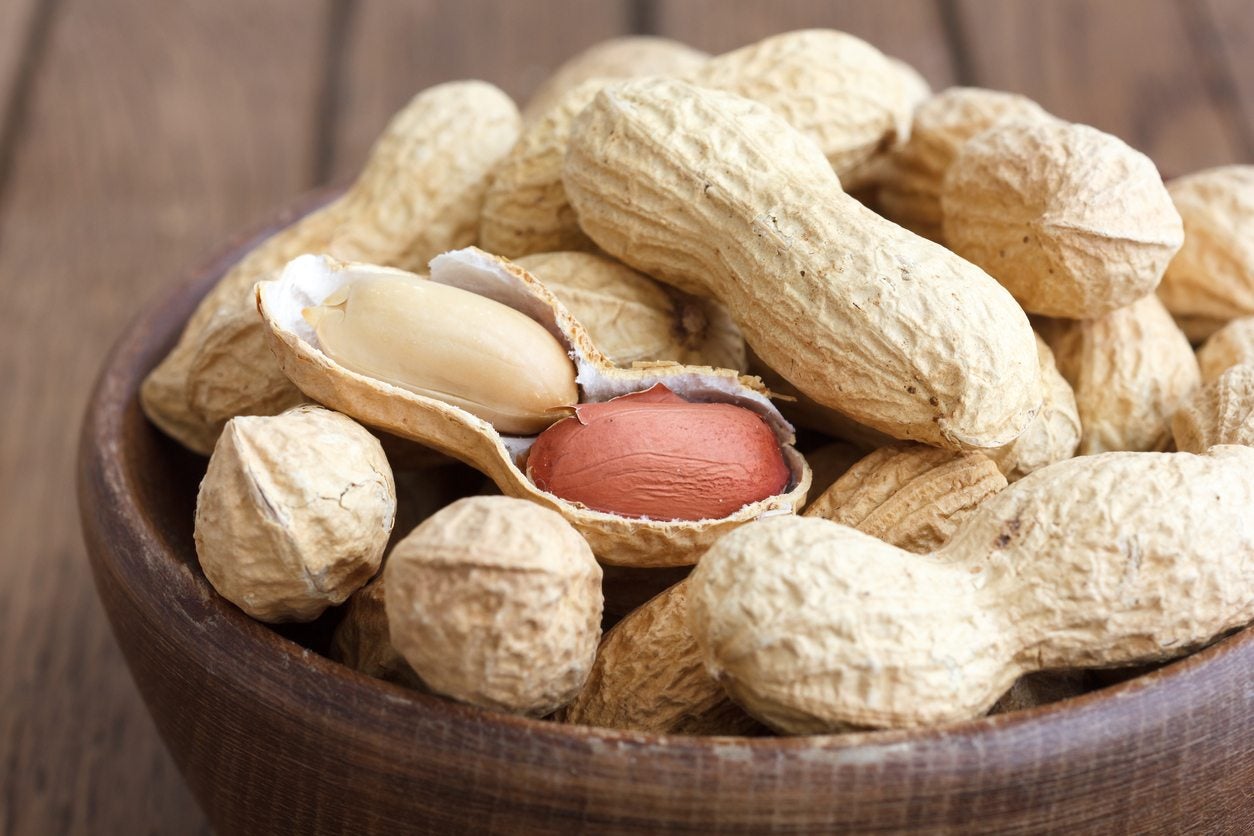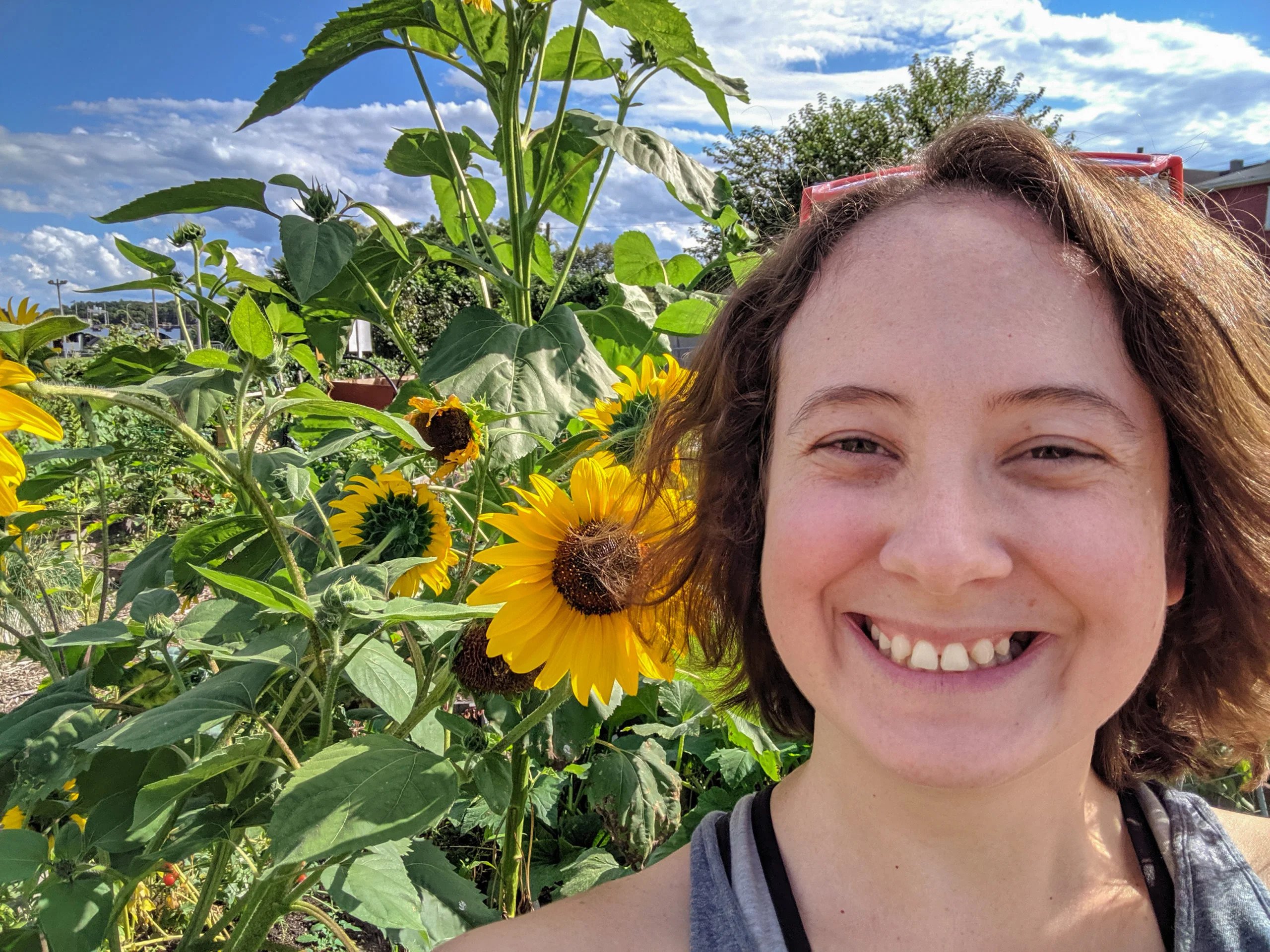Can I Compost Peanut Shells – Tips On Composting Peanut Shells


Sign up for the Gardening Know How newsletter today and receive a free copy of our e-book "How to Grow Delicious Tomatoes".
You are now subscribed
Your newsletter sign-up was successful
Composting is the gardening gift that keeps on giving. You get rid of your old scraps and in return you get rich growing medium. However, not everything is ideal for composting. Before you put something new on the compost heap, it’s worth your while to learn a little more about it. For instance, if you ask yourself, “can I compost peanut shells,” then you’ll need to learn whether it’s always a good idea to put peanut shells in compost. Keep reading to learn more about how to compost peanut shells, and if it’s feasible to do so.
Are Peanut Shells Good for Compost?
The answer to that question really depends upon where you are. In the southern United States, the use of peanut shells as mulch has been linked to the spread of Southern Blight and other fungal diseases. While it’s true that the composting process may kill any fungus that’s being harbored in the shells, Southern Blight can be nasty, and it’s really better to be safe than sorry. It’s not as much of a problem in other parts of the world, but it has been seen spreading farther north in recent years, so take this warning into account.
How to Compost Peanut Shells
Apart from the worry about blight, composting peanut shells is pretty easy. The shells are a little on the tough and on the dry side, so it’s a good idea to break them up and wet them down to help the process along. You can shred them or simply put them on the ground and step on them. Next, either soak them for 12 hours first, or put them on the compost heap and wet it down thoroughly with the hose. If the shells are from salted peanuts, you should soak them and change the water at least once to get rid of the extra salt. That’s all there is to composting peanut shells should you decide to do it.
Sign up for the Gardening Know How newsletter today and receive a free copy of our e-book "How to Grow Delicious Tomatoes".

The only child of a horticulturist and an English teacher, Liz Baessler was destined to become a gardening editor. She has been with Gardening Know how since 2015, and a Senior Editor since 2020. She holds a BA in English from Brandeis University and an MA in English from the University of Geneva, Switzerland. After years of gardening in containers and community garden plots, she finally has a backyard of her own, which she is systematically filling with vegetables and flowers.